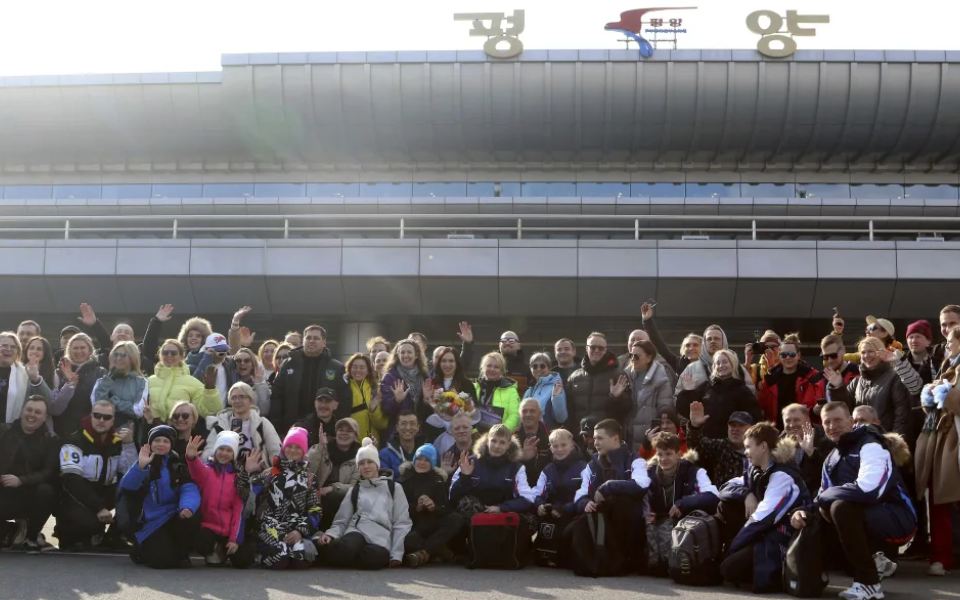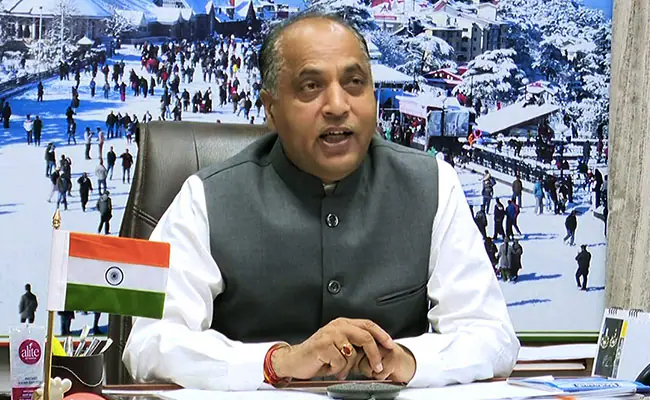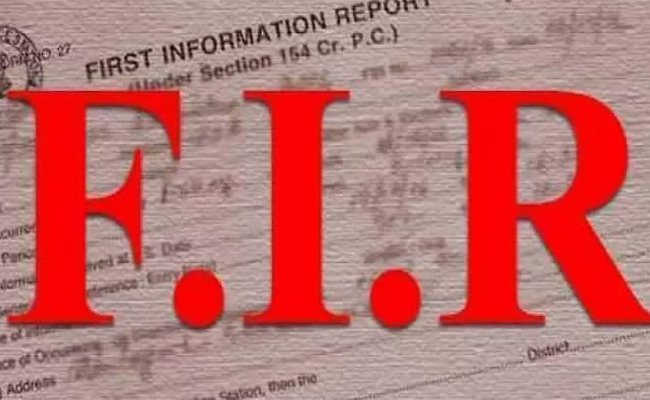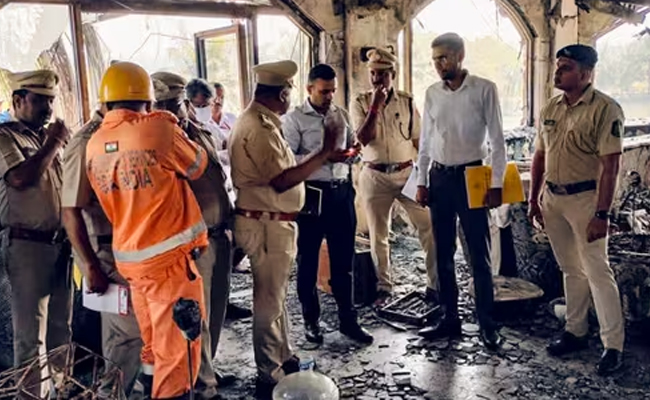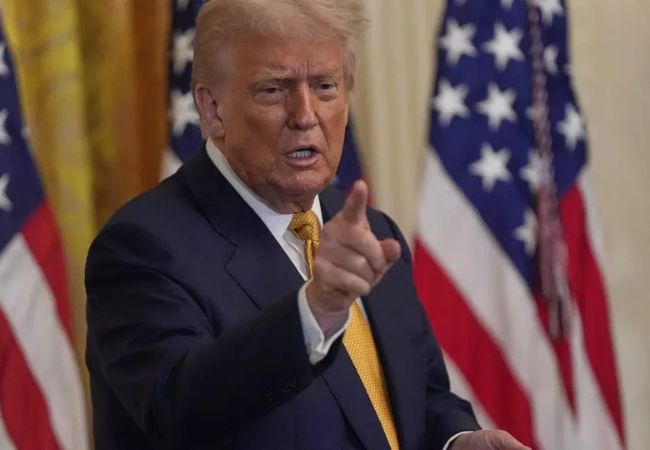Seoul, Feb 9: A group of Russian tourists headed to North Korea from Vladivostok airport in Russia's Far East on Friday, likely the first foreign travellers from any country to enter the isolated state since the pandemic.
The tour underscores deepening cooperation between Moscow and Pyongyang, following a meeting last September between North Korean leader Kim Jong Un and Russian President Vladimir Putin at a cosmodrome in Russia's Far East.
Many Russians now struggle to travel to Europe and the United States because of sanctions applied to Russia after its invasion of Ukraine. In October, Russian Foreign Minister Sergey Lavrov said he would recommend North Korea as a vacation destination.
South Korea's government said it has no record of North Korean state media reporting on tourists entering the country since the pandemic.
The tour group will visit the capital Pyongyang and will then go skiing, Inna Mukhina, the general director of the Vostok Intur agency, which is running the tour, told The Associated Press. Vladivostok airport's online timetable shows an Air Koryo plane took off for Pyongyang at 1.39 pm local time Friday.
There are "lots" of people who wanted to come on the tour to North Korea, Mukhina, the tour operator, said, adding that the group contains travelers from places across Russia including Moscow and St Petersburg as well as the Russian exclave of Kaliningrad, sandwiched in between Poland and Lithuania. The group also includes children who study skiing at a Russian school that aims to create Olympic champions, she said.
The Russians' reasons for visiting North Korea vary, Mukhina said, suggesting some people are interested in the opportunity to visit a closed country, while others are more interested in skiing and snowboarding.
"We love skiing," Galina Polevshchikova told the AP at Vladivostok airport shortly before getting on the flight to Pyongyang. "I really want to go there because it's probably the most closed place where you have the opportunity to do this," she said.
The group, is not a traditional tourist group, but "a test tour delegation" that could pave the way for other groups of Russian tourists, Mukhina said.
The trip, scheduled for February, was a surprise to Asia observers, who had expected the first post-pandemic tourists to North Korea to come from China, the North's biggest diplomatic ally and economic pipeline.
According to a Tass report published in January, the group of tourists will visit monuments in Pyongyang such as the "Tower of Juche Idea," named after the North's guiding philosophy of "juche" or self-reliance. The tourists will then travel on to the North's Masik Pass on the east coast, where the country's most modern ski resort is located, Tass said.
"In (Masik Pass), you will find yourself in a real paradise for winter sports lovers!" the Vostok Intur agency's website gushes. "Here you will find incredible slopes with different levels of difficulty that will satisfy the needs of both experienced skiers and beginners."
The package for the upcoming Russian tour costs 750 per person, according to Tass and the tour agency.
According to Vladivostok airport's flight timetable, the group is travelling on a Tupolev Tu-154 jet, a workhorse of Soviet aviation but has been involved in a number of crashes.
Tass reported that the trip was arranged under an agreement reached between Oleg Kozhemyako, governor of the Primorye region, and North Korean authorities.
Kozhemyako traveled to Pyongyang in December for talks on boosting economic ties as part of a flurry of bilateral exchanges since the Kim-Putin summit. Ahead of the trip, he told Russian media he expected to discuss tourism, agriculture and trade cooperation.
The expanding ties between North Korea and Russia come as they are eached locked in separate confrontations with the United States and its allies North Korea over its advancing nuclear program, and Russia over its protracted war with Ukraine.
The Kim-Putin summit deepened global suspicions that North Korea is supplying conventional arms to Russia for its war in Ukraine, in return for high-tech Russian weapons technologies and other support.
North Korea has been slowly easing pandemic-era curbs and opening its international borders as part of its efforts to revive its economy devastated by the lockdown and persistent US-led sanctions. In August, South Korea's spy service told lawmakers that North Korea's economy shrank each year from 2020 to 2022, and that its gross domestic product last year was 12% less than in 2016.
Chinese travellers accounted for about 90% of the foreign visitors to North Korea before the pandemic. In 2019, a record number of about 300,000 foreign tourists visited North Korea, resulting in North Korea earning between 90 million and 150 million, according to analysts' assessments.
Let the Truth be known. If you read VB and like VB, please be a VB Supporter and Help us deliver the Truth to one and all.
Shimla (PTI): Leader of Opposition Jai Ram Thakur on Tuesday said the state government should take concrete steps to prevent overcrowding at hospitals, enhance security arrangements, reduce excessive workload and curb administrative negligence, which he held responsible for the assault of a patient by a doctor at a prominent hospital here.
In a statement issued here, Thakur said that this incident is a serious warning to the health department and the state government.
His statement came a day after a junior resident doctor allegedly assaulted a patient, throwing multiple punches, following an argument at the Indira Gandhi Medical College (IGMC), sparking a protest with the victim's relatives demanding that the doctor be handed over to them.
A video of the shocking incident also surfaced on social media.
The leader of the opposition said the government should take concrete steps instead of making statements.
Expressing concern over the deteriorating condition of the healthcare sector in Himachal Pradesh, Thakur said today, the people are suffering due to this collapse in the sector.
"The state government should prioritise healthcare services and should immediately fill vacant posts in the sector. They should also strengthen security arrangements in hospitals and ensure uninterrupted supply of medicines and medical equipment in hospitals,” he added.
He further said that the state government should work honestly to ensure that the benefits of central schemes are provided to every person in Himachal Pradesh.
"Schemes such as Himcare and Ayushman Bharat should be ensured for the people, as they are very beneficial for poor and needy families as well as for the middle-class people. However, due to negligence and mismanagement of the government in implementing them, people are unable to avail the benefits,” Thakur said.
He also alleged that, despite the budget being allocated by the Centre for these schemes, patients are unable to avail the basic facilities.
The situation is such that even many essential medicines are not available for patients, he added.

